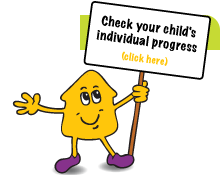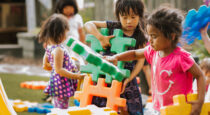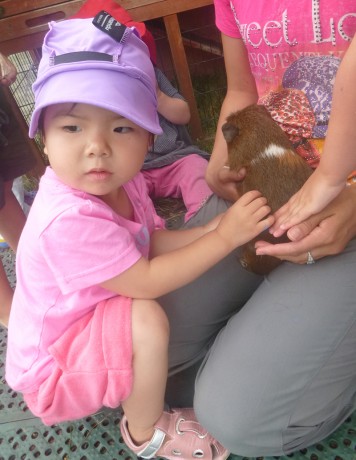Encouraging children to take responsibility
Encouraging children to take responsibility
You can make a difference
Every child is different, they are born that way—some will be easier to bring up than others. Parents and families can make a difference to how children behave and the sort of people they grow up to be.
LEARNED BEHAVIOUR
It is not necessary to hit children to guide them well. Children will learn how to behave by copying the behaviour of others, including their parents, and from what they are told and shown. Parents’ love, attention and approval is very important to children—if they get these things they will want to please you and will often do things they know you want of them. In time these things become part of a child’s personal sense of what is right.
CHILDREN AREN’T PERFECT
Their will be times during their growing up when it is normal for them to be difficult and rebellious. Parents need to be very clear about boundaries they set for children. They need to ensure that their children understand these boundaries and the reasons why these have been set.
As children get older, parents should give them more chances to make their own choices and learn to take more responsibility for their own behaviour.
AND THEY DO MAKE MISTAKES
Children will make some mistakes─some will make bigger ones than others─but they will learn from these and in time their judgement will improve. Making mistakes is not the same as being naughty or bad. If you want help as a parent ask a health worker, a counsellor or someone you trust about where you can go for advice and support or about courses for parents.
No one says it is easy brining up children. How you treat them will make a difference to how they behave and the sort of people they grow up to be. You can have a lot of pleasure and fun with them, too.
WAYS TO HELP YOUR CHILD TO LEARN TO TAKE RESPONSIBILITY
These are some of the ways you can help children begin to learn to take responsibility.
Letting them help you with some of the things you do.
Letting them choose their own activities some of the time.
Letting them choose their own friends.
Hearing what they have to say about things – this does not mean you will always let them have things their own way.
Accepting some of their likes and dislikes.
Being willing to compromise sometimes.
As they grow giving them tasks and responsibilities.
Understanding that there are a lot of different ways young people say who they are.
Understanding how important the views and approval of their friends are.
Appreciating and enjoying who your children are – they won’t be the same as you.
Standing by them through troubled patches.
Celebrating young peoples successes, however small they are.







